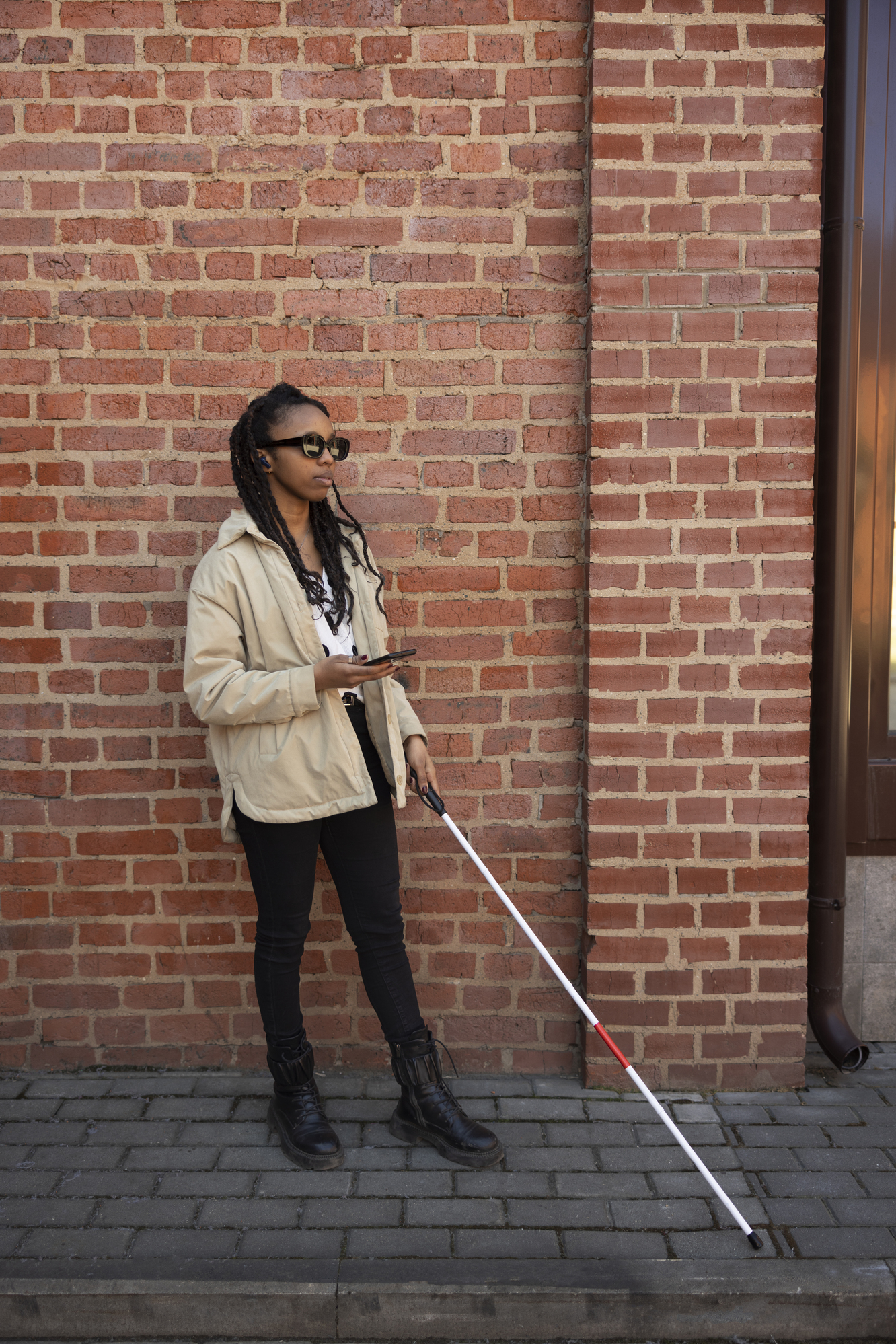

According to a study conducted by scientists at the Karolinska Institutet in Sweden and Jagiellonian University in Poland, blind persons can detect their own heartbeats more accurately than sighted people. According to the study, blindness increases one’s capacity for internal body signals. The Journal of Experimental Psychology: General has published the findings.
Without measuring their pulse or touching their bodies, 36 blind and equal numbers of sighted people were asked to count their own heartbeats. Using a pulse oximeter, the researchers simultaneously captured the subjects’ actual heartbeats. To determine how well the individuals could feel their own heartbeats, they then compared the reported and recorded statistics. The results revealed that the blind participants had better heartbeat detection than the sighted participants. On a scale where 1.0 was the highest possible score, the average accuracy for the blind group was 0.78 and for the sighted group, it was 0.63.
“The blind participants were much better at counting their own heartbeats than the sighted participants in our study and in several previous studies,” says Dominika Radziun, Ph.D. student at the Department of Neuroscience, Karolinska Institutet. “It gives us important information about the brain’s plasticity and how the loss of one sense can enhance others, in this case the ability to feel what happens inside your own body.”
The researchers hypothesize that this capacity for heartbeat detection may be advantageous for processing emotions. Previous research has demonstrated a relationship between the degree of interoceptive accuracy—the capacity to accurately assess one’s own and other people’s emotional states—and perceptional skill.
“We know that heart signals and emotions are closely interlinked; for example, our hearts beat faster when we experience fear. It is possible that blind individuals’ enhanced sensitivity to signals from their own heart also impacts their emotional experiences,” says Dominika Radziun.
The research team will now continue to investigate how blind people experience their own bodies, looking for anatomical alterations in the visual cortex, the area of the brain ordinarily in charge of vision, that could account for the improved sensitivity to impulses from inside the body.
more recommended stories
 Dietary Melatonin Linked to Depression Risk: New Study
Dietary Melatonin Linked to Depression Risk: New StudyKey Summary Cross-sectional analysis of 8,320.
 Chronic Pain Linked to CGIC Brain Circuit, Study Finds
Chronic Pain Linked to CGIC Brain Circuit, Study FindsKey Takeaways University of Colorado Boulder.
 New Insights Into Immune-Driven Heart Failure Progression
New Insights Into Immune-Driven Heart Failure ProgressionKey Highlights (Quick Summary) Progressive Heart.
 Microplastic Exposure and Parkinson’s Disease Risk
Microplastic Exposure and Parkinson’s Disease RiskKey Takeaways Microplastics and nanoplastics (MPs/NPs).
 Sickle Cell Gene Therapy Access Expands Globally
Sickle Cell Gene Therapy Access Expands GloballyKey Summary Caring Cross and Boston.
 Reducing Alcohol Consumption Could Lower Cancer Deaths
Reducing Alcohol Consumption Could Lower Cancer DeathsKey Takeaways (At a Glance) Long-term.
 NeuroBridge AI Tool for Autism Communication Training
NeuroBridge AI Tool for Autism Communication TrainingKey Takeaways Tufts researchers developed NeuroBridge,.
 Population Genomic Screening for Early Disease Risk
Population Genomic Screening for Early Disease RiskKey Takeaways at a Glance Population.
 Type 2 Diabetes Risk Identified by Blood Metabolites
Type 2 Diabetes Risk Identified by Blood MetabolitesKey Takeaways (Quick Summary) Researchers identified.
 Microglia Neuroinflammation in Binge Drinking
Microglia Neuroinflammation in Binge DrinkingKey Takeaways (Quick Summary for HCPs).

Leave a Comment